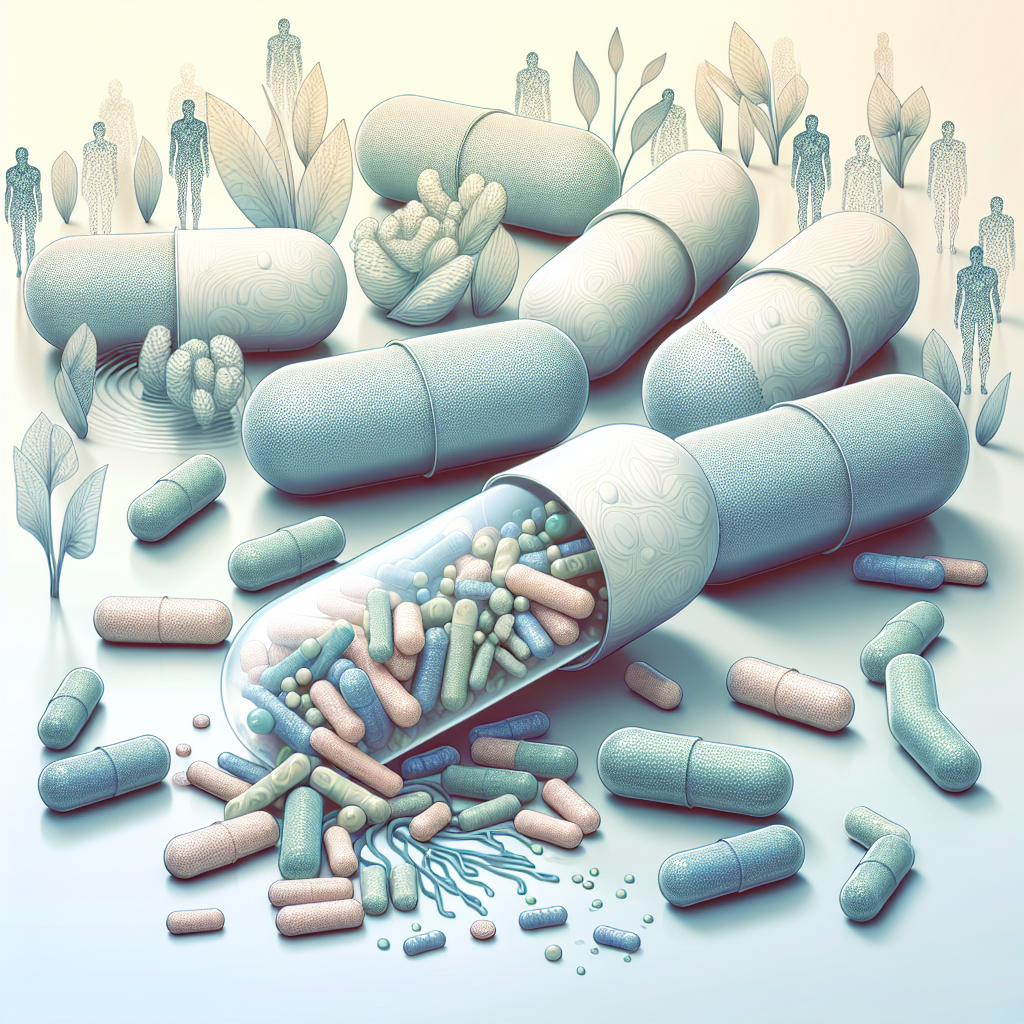### Exploring the Protective Powers of Probiotics: Combatting Antibiotic Resistance
With antibiotic resistance posing a significant challenge to today’s healthcare providers, researchers are investing tremendous effort into searching for a solution. One promising route of enquiry involves harnessing the health-bequeathing properties of probiotics.
**Dispelling Probiotic Myths**
Let’s start by debunking the prevailing misconceptions about probiotics. To most people, these are merely the helpful bacteria you consume through yogurt and other fermented foods to ensure digestive health. However, they do much more than that!
Indeed, these benign microorganisms perform vital roles from enhancing the absorption of essential vitamins and nutrients, strengthening the immune system, to fighting off harmful microbes. Moreover, restoring healthy gut flora with probiotics can even mitigate various medical conditions, including Irritable Bowel Syndrome and certain types of diarrhea. So, it only fits that we turn to these powerful proto-friends in our fight against antibiotic resistance.
**Understanding Antibiotic Resistance**
Antibiotic resistance arises due to the improper usage or overuse of antibiotics. Widespread misuse leads to some bacteria becoming ‘superbugs,’ which resist antibiotics traditionally used to eliminate them. This upscaled immunity can result in infections that are more challenging to treat, with longer hospital stays and a higher risk for complications.
**The Probiotic Solution**
Now, where do the probiotics come in? Well, by maintaining a healthy gut microbiome, probiotics could potentially protect against the overgrowth of these drug-resistant bacteria. How so, you ask?
1. **Competitive Inhibition**: This strategy involves the probiotic bacteria outcompeting their harmful counterparts for nutrients and attachment sites in our bodies—effectively ‘crowding them out’.
2. **Production of Antimicrobial Substances**: Certain probiotics can produce metabolites, including bacteriocins and hydrogen peroxide, which terminate harmful bacteria.
3. **Modulation of the Host Immune System**: Probiotics help in strengthening the immune defense system, thereby keeping the growth of antibiotic-resistant bacteria under control.
**Stay Balanced, Stay Healthy**
So, maintaining a healthy balance of gut bacteria is vital in mitigating the perils of antibiotic resistance. Strive to include high-quality probiotic foods in your daily diet, such as yogurt, kefir, sauerkraut, kimchi, and other fermented foods.
Moreover, probiotic supplements, which usually contain higher doses of beneficial bacteria than probiotic-rich foods, can be helpful, especially when trying to recover from an illness or a round of antibiotics.
However, be sure to talk to a healthcare provider before starting any supplement regime. Though probiotics are generally safe to use for most people, they can cause issues in individuals with weakened immune systems or severe illnesses.
**Scientific Research Still Underway**
Despite the promising benefits, more comprehensive research is required to fully understand the link between probiotics and combating antibiotic resistance. Scientists are working to uncover additional mechanisms through which probiotics inflict their healthy influence on our bodies and their potential role in fighting this modern global health threat.
**Wrap-up**
While we wait for the science to further unpack the power of probiotics, it wouldn’t hurt to incorporate a little bit more of these beneficial bugs into our daily lives. As a bonus, not only might they help keep antibiotic resistance at bay, but they can also offer a host of other wellness advantages.
Remember, in our microbe-filled world, not all bacteria are foes. Some, like our probiotic pals, are friends that can help us stay healthy and fight off disease- even the antibiotic-resistant ones.
Underneath the onslaught of antibiotic resistance, it seems that a gram of prevention might indeed be worth a kilo of cure.


